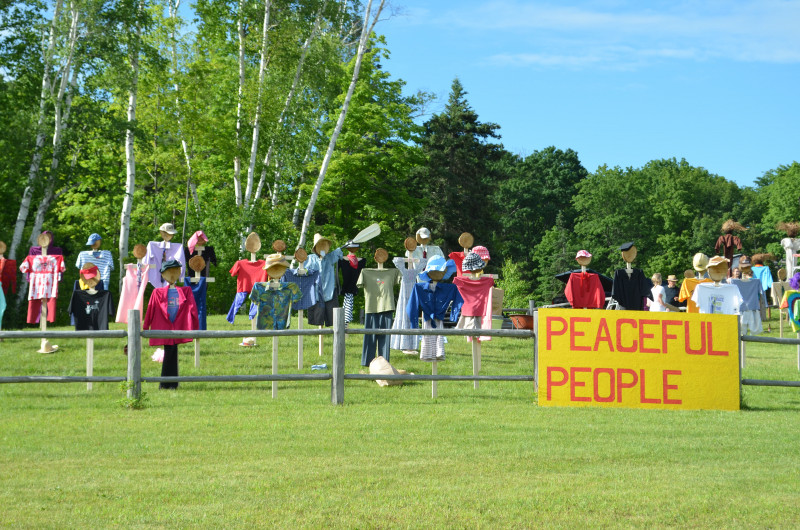By Duke Huang
Even though I know that I want to work in the field of peacebuilding, I never quite understood what it meant. Luckily, because of the amazing lecturers that have been teaching us, I now understand what peacebuilding means and what its goal is. The definition itself, peacebuilding creates setting in society upon where peace is built, amazes me that how ambitious the goal is. However, as ambitious as the goal might sound like, I do think it is achievable. Why? Because I believe that, and I say this with strong skepticism, people are inherently peaceful. Some might consider that to be too optimistic or even naïve. But I think that if we, as peacebuilder cannot be optimistic about the future, how can we bring positive change to the places where we are working in.
I always have had trouble being optimistic about the world. I will not deny that I had some dark thoughts about the humanity in the past. But because I had friends who guided me to see the world with a different perspective, I have since then believed that we still have the ability to change, however hard it might be. Two concrete examples: we stopped the prefoliation of blood diamonds and anti-personnel mines. To stop them would be unimaginable decades earlier, and now we all agree that they should be banned. I think most people share similar experience, especially those who are involved in conflict. Sometimes, we just need other people to show us other perspectives. Now, I am over- simplifying peacebuilding, but for me peacebuilding should build on opened conversation and understanding of other’s point of view.
Now, as someone who is interested in learning and being a peacebuilder in conflict society, I want to do as little harm as I can. Even though I know that I would bring impact to the context once I enter it as a third party. I found the rules of the third-party role to be extremely helpful. Just the distribution of responsibility of peacebuilder itself makes me realized that peacebuilding requires different people coming from different backgrounds with different skill sets to solve different problems at the different stages of the conflict, but somehow weaving all these differences together. I want to start my career as a humanitarian aid worker who are cultural sensitivity and working toward peacebuilding.
After few days of the program, I am now skeptic about any possible solution there is for a conflict, especially if it sounds too good to be true. I am glad now I am critical about the issues because I understand that there are layers of different issue under the what can see. However, it sometimes blocks me, or even robs me of joy the fact that we actually find solution to a crisis. Just like any other things, I need to use my judgement moderately. Or I just need to be critical about my own criticality to understand the local conflict context. This has been an exciting spiritual journey, and I am excited about where it will lead me to.



